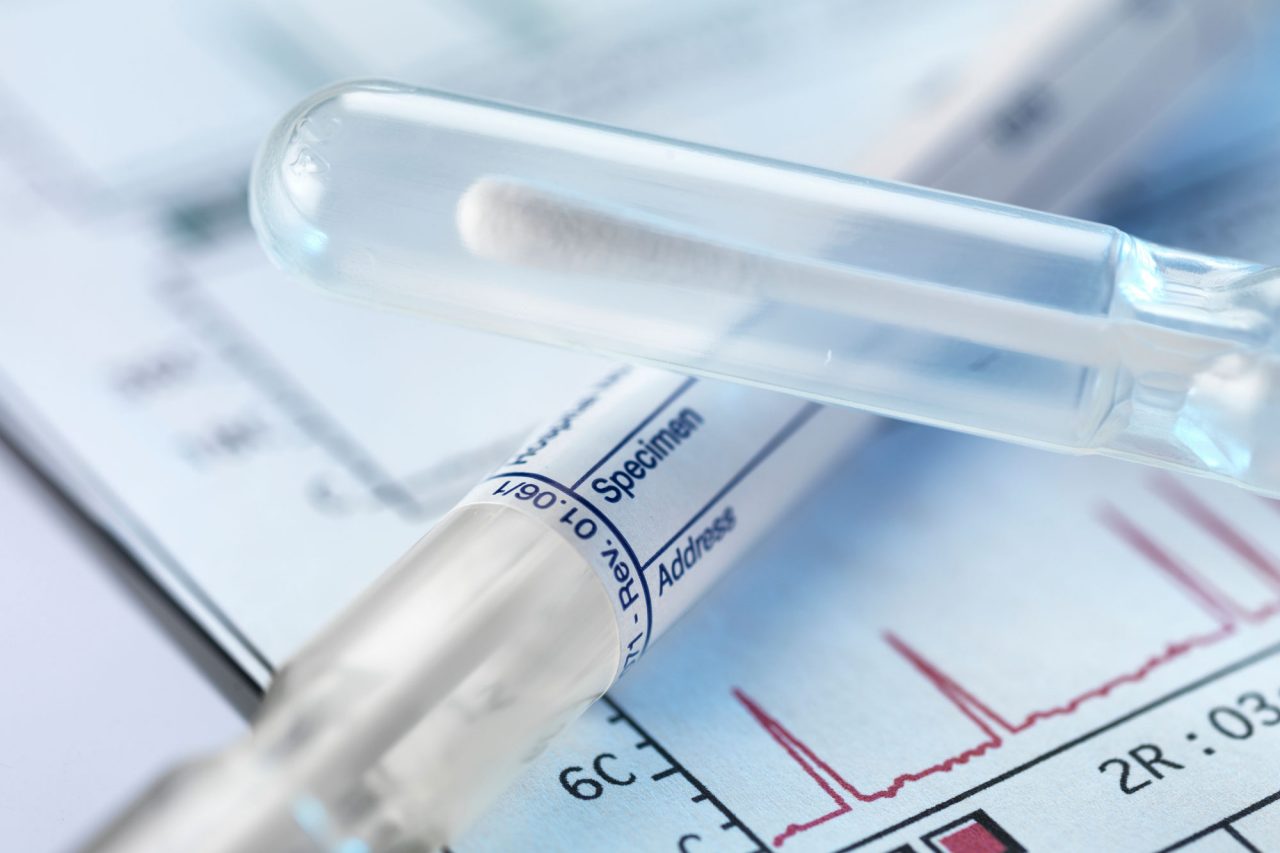What Is Genetic Testing?

What is gene testing? A glimpse inside your medical feature. What can a look inside your genome tell you about your disease risks? Some benefits, some risks.
What if you could look into a crystal ball and see your medical future? What if that mystical ball revealed you were at risk for heart disease, Alzheimer's disease, or breast cancer? What would you do? Would you even want to know?
What is gene testing?
A glimpse inside your medical future is possible today, thanks to the scientists of the Human Genome Project. In 2003, they finalized sequencing of the 3 billion base pairs and roughly 25,000 genes that make up the entire human genome — all the instructions that make us who we are.
Through that blueprint, scientists have identified thousands of genetic variations that cause disease and developed genetic tests to determine our susceptibility to those diseases. Today, more than 1,000 tests are available to help us both learn our risk for medical conditions and treat them once they start.
YOU MIGHT ALSO LIKE: What Is Genomics?
How your doctor uses gene tests
Genes are a series of code — stretches of DNA that carry the instructions for producing the proteins your body needs to function. Your genes determine whether you have blond hair and blue eyes and if you’re tall or short. Aberrations in the genetic code, known as mutations, influence your risk for diseases.
With a tiny sample of your blood, hair, or skin, your healthcare provider can look for specific changes to individual genes or stretches of DNA. The tests can diagnose a genetic disease you already have, predict whether you might develop a particular disease in the future, or find out if you carry a disease gene that you could pass on to your children.
For example, you might learn whether you carry one of the two BRCA gene mutations that dramatically increase your risk for breast and ovarian cancers. If you’re planning to have children, you could get tested for cystic fibrosis or Tay Sachs disease, conditions that are passed down through families.
Gene tests can also help guide treatment for cancers and other diseases, predicting how well your body will respond to certain medications.
Direct-to-consumer tests
Once gene analysis technology became available, it wasn’t long before companies recognized the financial potential of such tests and started marketing them to consumers through TV commercials and over the internet. Many of these companies claim the information they provide can help consumers make smarter, more informed choices about their health.
With direct-to-consumer tests, you typically swab the inside of your cheek to collect a tissue sample, which you then send to the company for analysis. For a price that ranges from under $100 to thousands of dollars (which insurance will generally not cover), the company then sends you a snapshot of your genetic disease risk.
YOU MIGHT ALSO LIKE: What Is Personalized Medicine?
Benefits and risks of direct-to-consumer genetic tests
Knowing that you’re at higher risk for a health condition such as heart disease or cancer could make you more proactive about your health. In theory, this knowledge might encourage you to improve your diet or start an exercise program, for example.
Yet, consumers don’t seem to act based on their test results. When University of Cambridge researchers analyzed 18 studies on consumers who were informed of their genetic risks, they discovered the knowledge had virtually no influence on people’s health behaviors.
“Expectations have been high that giving people information about their genetic risk will empower them to change their behavior — to eat more healthily or to stop smoking, for example — but we have found no evidence that this is the case,” said study author Theresa Marteau, PhD.
The accuracy of genetic testing varies, depending on the condition, whether a genetic mutation was previously identified in your family history, and the quality of the tests you can purchase.
Acting on gene test results without medical guidance adds another layer of concern. Genetic tests require complex analysis and more information than a DNA sample alone can provide, such as your personal and family medical history. Without an experienced doctor or genetic counselor to interpret and help you understand the implications of your test results, you might make assumptions that aren’t necessarily true, and take steps that could prove risky.
Even when tests have been properly validated, they can yield unclear results. While certain conditions, like Huntington’s disease, stem from a mutation in a single gene, most — like heart disease, cancer, and diabetes — are caused by a complex interaction of multiple genes plus environmental factors.
So, a genetic test generally can’t tell you definitively that you’ll get a disease — only that you’re at increased risk. Misunderstanding your real risk can lead to worry and further testing that may be unnecessary or even harmful.
Privacy is another concern with genetic tests. What if your results were to get out to your insurance company, or your employer? The American College of Medical Genetics and Genomics Board of Directors recommends approaching direct-to-consumer tests with caution.
“Prior to testing, the consumer should be informed as to who will have access to test results, what processes are in place to protect these results, what will happen to the DNA sample once testing is complete, and whether the test results may have any personal or family-related implications for life, long-term care, or disability insurance,” they wrote in a position statement.
Updated:
June 09, 2023
Reviewed By:
Christopher Nystuen, MD, MBA